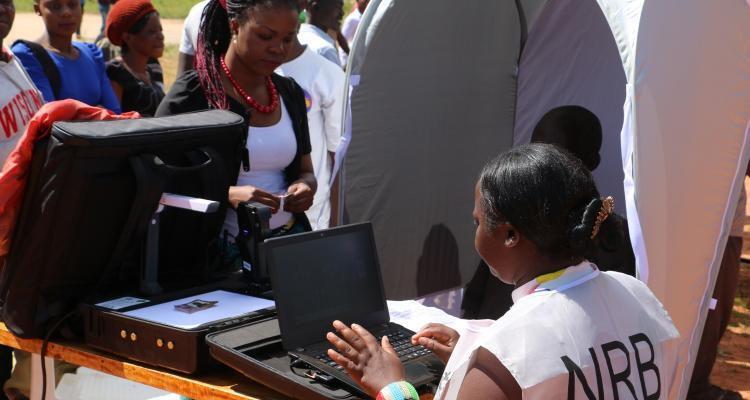
Despite a court ruling mandating the National Registration Bureau (NRB) to operate side by side with its previous structure, the bureau appears to be defying the decision, raising concerns over compliance with judicial orders and the potential erosion of public trust in governance institutions.
The court had ruled that NRB should reinstate its side-by-side operational model, allowing for the coexistence of traditional methods with the new centralized system.
This was aimed at addressing the concerns of accessibility and efficiency raised by various stakeholders, including rural communities who struggle to access centralized registration services.
However, reports indicate that NRB continues to operate exclusively under its new model, sidelining the court’s directives.
Civil society organizations and legal experts have expressed disappointment over NRB’s apparent disregard for the court ruling. Lawyer Alexious Kamangila noted that such actions undermine the rule of law and set a dangerous precedent for governance.
“A court ruling is not a suggestion; it is binding,” Kamangila said. “Failure to adhere to such rulings signals contempt of court and should be addressed accordingly to maintain the integrity of our judicial system.”
The ongoing defiance has particularly affected vulnerable groups, especially those in rural areas who find it difficult to access NRB services under the centralized system. The side-by-side model was seen as a practical solution to ensure inclusivity and fairness in national registration.
“I travelled over 50 kilometres to register my child’s birth, only to find the system not working,” lamented one resident of a rural village. “If they followed the court’s ruling, we would not face such challenges.”
NRB officials have remained tight-lipped about their reasons for defying the court ruling. Some speculate that logistical challenges or internal resistance to change might be behind their stance, but the bureau has yet to provide a public explanation.
Various stakeholders, including human rights organizations, are now calling for the government to intervene and ensure NRB complies with the court’s decision.
“This is not just about NRB; it’s about respect for the rule of law,” said a representative of the Malawi Human Rights Commission. “If a public institution can openly defy a court order, what message does that send to the citizens about accountability and justice?”
The NRB’s actions present a test for Malawi’s judiciary and its ability to enforce rulings. Observers argue that if this defiance goes unchallenged, it could embolden other institutions to disregard court decisions, weakening the country’s democratic foundations.
As the public awaits action, questions linger about what measures will be taken to compel NRB to comply with the court ruling. Legal experts have suggested that contempt of court proceedings could be initiated against the bureau if it continues to disregard the judgment.
For now, the ball is in the government’s court to ensure that justice is not only served but seen to be upheld in the interests of all Malawians. The people deserve an NRB that works for them and respects the rule of law.














